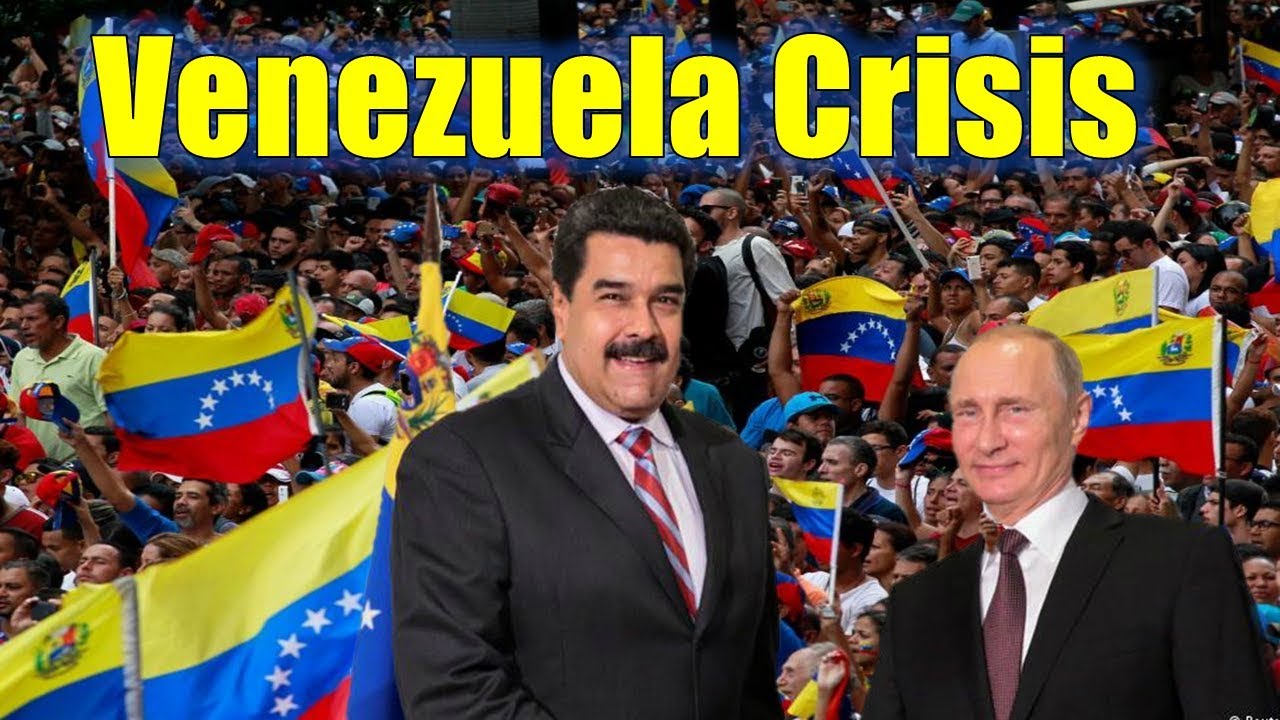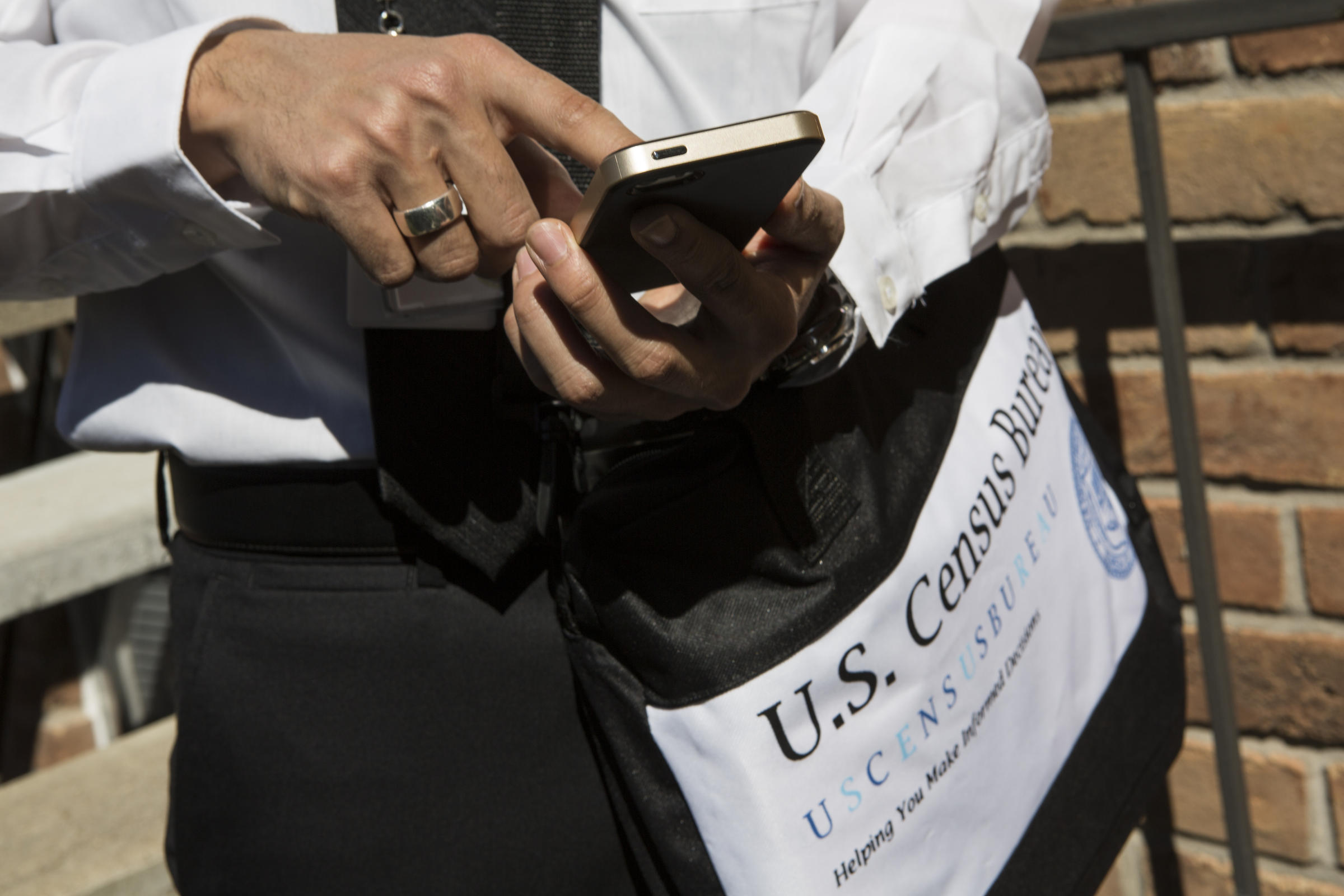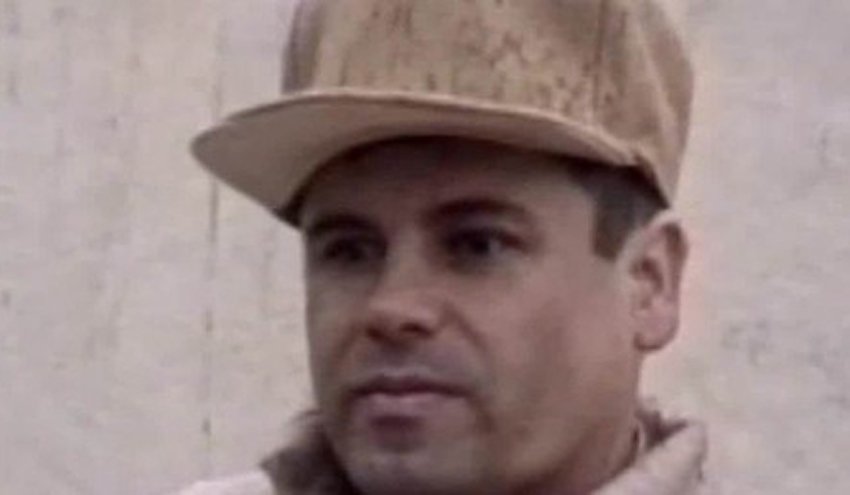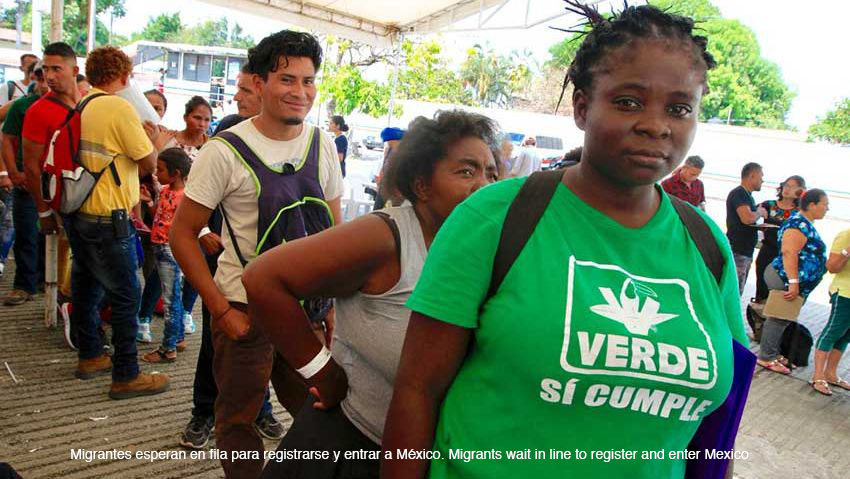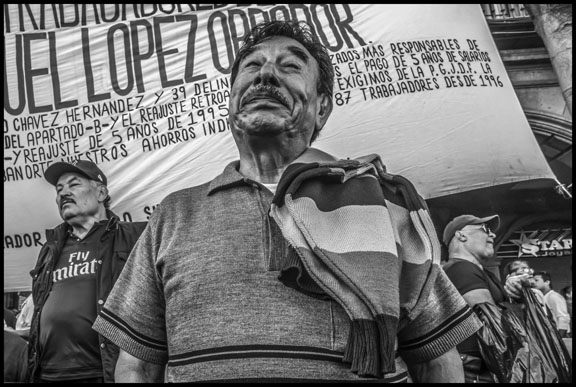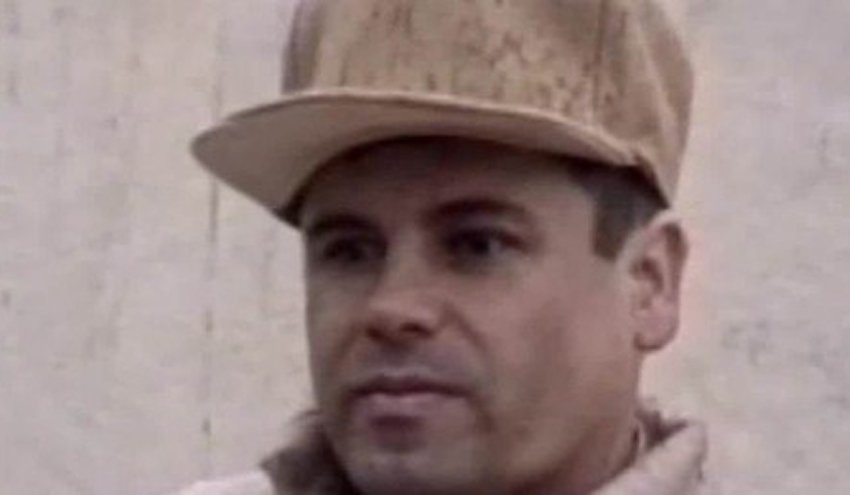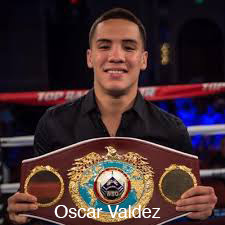Vladimir Putin offers support to Venezuelan leader in crisis ‘provoked by abroad’
by Andrew Roth, Lily Kuo, David Agren, Ed Augustin, Peter Walker and agencies
Key allies of Venezuela’s embattled president, Nicolás Maduro, led by Russia and China, have warned the US not to intervene in support of the opposition leader Juan Guaidó’s attempt to lead the country.
Russia’s Vladimir Putin spoke by telephone with Maduro and offered him strong support in a political crisis he said had been “provoked from abroad”, a Kremlin statement said. “Destructive interference from abroad blatantly violates basic norms of international law,” Putin was quoted as saying.
The Kremlin press release did not mention the US by name but matched earlier rhetoric by other senior Russian officials targeted at Washington.
Russia’s prime minister, Dmitry Medvedev, described the US support for Guaidó as a “quasi-coup” and accused the US of hypocrisy, asking rhetorically how Americans would react if the House speaker, Nancy Pelosi, declared herself president.
Sergei Ryabkov, Russia’s deputy foreign minister, said a US military intervention in Venezuela would be catastrophic.
Russia is an important source of financial support to the Venezuelan government, providing billions of dollars in loans, some as pre-payment for future deliveries of oil. Last month Russia dispatched two nuclear-capable Tu-160 bombers to the country in a further show of support.
Russia has said it is ready to facilitate talks among political forces in Venezuela. “We will stand, if you’d like, together with this country in defence of sovereignty, in defence of the inadmissibility of encroaching on the principle of nonintervention in internal affairs,” Ryabkov said.
Franz Klintsevich, a Russian senator and retired colonel, said Moscow could wind up its military cooperation with Venezuela if Maduro, who he said was the legitimately elected president, was ousted.
Other MPs criticised US actions. “The US is trying to carry out an operation to organise the next ‘colour revolution’ in Venezuela,” said Andrei Klimov, the deputy chair of the foreign affairs committee of the upper house of parliament, using a term for the popular uprisings that unseated leaders in Georgia, Ukraine and Kyrgyzstan.
China said it supported the Venezuelan government’s efforts in preserving the country’s sovereignty, independence and stability. “I want to emphasise that outside sanctions or interference usually make the situation more complicated and are not helpful to resolving the actual problems,” a foreign affairs spokeswoman said.
Venezuela has been one of Beijing’s closest allies in Latin America, and the largest recipient of Chinese financing, taking as much as £38bn in loans by 2017. China is Venezuela’s largest creditor, prompting concerns that as Venezuela’s economy spirals, state assets could fall into Chinese hands, as was the case with Sri Lanka’s Hambantota port.
It is in Beijing’s interest to support Maduro, given that a new government could refuse to honour Venezuela’s debt obligations to China. Maduro met China’s president, Xi Jinping, last year and toured Mao Zedong’s mausoleum in Beijing, and the countries agreed on £3.8bn in loans and more than 20 bilateral agreements.
Turkey’s president, Recep Tayyip Erdoğan, phoned Maduro to offer his support on Thursday, later telling a press conference he was shocked that the US had backed Guaidó.
“You will respect the results of elections. Trump’s remarks shocked me, as someone who believes in democracy,” he said. “I called Maduro on the way back from Russia. I told [him] very clearly: ‘Never allow anti-democratic developments. Stand tall,’” he said.
Turkey’s foreign minister issued a warning about Guaidó’s declaration. “There is an elected president and another person declares himself president, and some countries recognise this. This may cause chaos,” Mevlüt Çavuşoğlu told the A Haber news channel. “We are against the isolation of countries. I hope the situation will be solved peacefully.”
Mexico, part of the 14-member Lima Group, departed from the regional bloc’s call for democratic transition and said it would stick to its “constitutional principles of non-intervention”.
It joined Uruguay, the only other prominent Latin American country still recognising Maduro, in calling for additional talks between the government and opposition to find a peaceful solution.
Previous talks brokered by the Vatican on the Venezuelan situation broke down.
Mexico had previously criticised Venezuela but its new president, Andrés Manuel López Obrador, has returned the country to its traditional foreign policy of not weighing in on the internal affairs of other countries and expecting the same silence in return.
Iran denounced events in Venezuela, saying the opposition’s claim there that it held the presidency was a “coup” and an attempt to take power unlawfully.
The foreign ministry spokesman Bahram Ghasemi said: “Islamic Republic of Iran supports the government and people of Venezuela against any sort of foreign intervention and any illegitimate and illegal action such as attempt to make a coup d’état.”
Cuba expressed its support for Maduro, with the state newspaper Granma saying that by recognising Guaidó as interim president, Donald Trump was “directing a coup d’état”. Cuba is hugely dependent on Venezuelan petroleum paid for with doctors.
The UK broke European ranks on Thursday and sided with the US. “This regime has done untold damage to the people of Venezuela, 10% of the population have left Venezuela such is the misery they are suffering,” the foreign secretary Jeremy Huny said in a statement issued in Washington. “So the United Kingdom believes Juan Guaidó is the right person to take Venezuela forward. We are supporting the US, Canada, Brazil and Argentina to make that happen.”
The UN secretary general, António Guterres, said talks in Venezuela were needed to avoid the political crisis spiralling out of control.
“What we hope is that dialogue can be possible, and that we avoid an escalation that would lead to the kind of conflict that would be a disaster for the people of Venezuela and for the region,” he said at the World Economic Forum in Davos.
“Sovereign governments have the possibility to decide whatever they want. What we are worried [about] with the situation in Venezuela is the suffering of the people of Venezuela.”
Maduro has presided over a deepening economic crisis that has left millions of people in poverty as the oil-rich country faces shortages of basic necessities such as food and medicine. An estimated 2.3 million people have fled the country since 2015, according to the UN, and the International Monetary Fund says inflation will hit 10 million per cent this year. (The Guardian).

